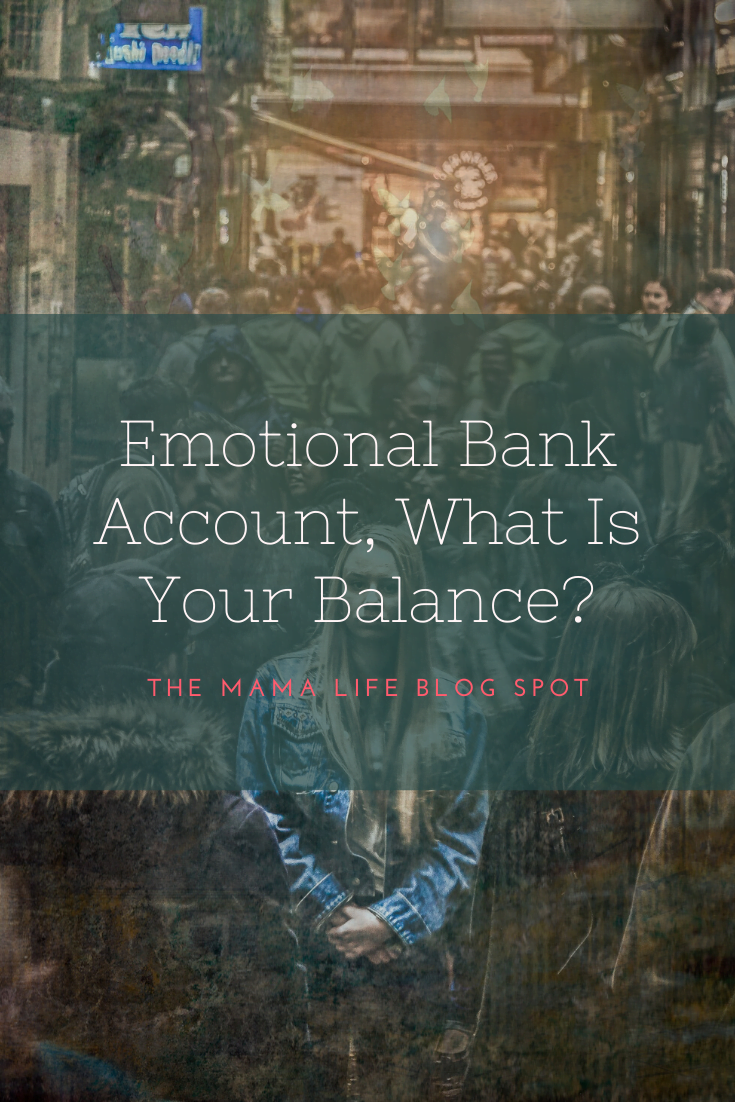
What Is Your Balance In Your Emotional Bank Account?
What Is Your Balance In Your Emotional Bank Account? Sounds like an odd question but if you think about it for a minute, what a great metaphor.
Stephen Covey, author of The 7 Habits of Highly Effective People, uses the metaphor of an ‘Emotional Bank Account’ to measure the amount of trust that accumulates in a relationship.1 We all make deposits and withdrawals to this “account” on an ongoing basis. Deposits get added when you do things that are trustworthy or demonstrate care. Withdraws occur when we act in a manner that has people less willing to risk psychological safety by doing things such as being disrespectful, dismissive or dishonest. When your account has a positive balance with another person, they tend to give you the benefit of the doubt. On the other hand, when the account balance is low, trust will also be low, and people will be skeptical of our words and question our intent as they look for the hidden meaning or an ulterior motive. Creating and maintaining strong relationships requires consistently making deposits into your account. Some people will require more deposits to build up the balance than others to create a high level of trust.
Trust doesn’t come with a title or by simply asking for it; it must be earned and built up over a period of time.
Covey writes about the six major ways of making deposits into the emotional bank accounts (and how to avoid making withdrawals):
Understanding the individual: Discover what is meaningful to the other person and make that of genuine importance in your interactions with him or her. It could be a particular interest they have, assigning a challenging assignment, dealing with an obstacle or any number of things important to that person.
Attending to the little things: Little things add up to mean a lot. Taking care of the details and putting forth an extra effort will gain trust. Being polite, personable and caring are example of things that can make a difference. Take the extra time to pay attention to the little things that matter to others and it can go a long way in creating a large balance in your account.
Keeping commitments: Our ability to keep commitments will directly impact that person’s confidence in our ability to get things done and their trust in our word. If we don’t keep commitments, our team and the people we work with will not be able to rely on us and will develop workarounds.
Clarifying expectations: A difference in interpretation between two people will hinder their ability to trust one another. Without clear expectations, both parties will believe that their view is correct, and that the other person’s is not, thus forcing a withdrawal to their emotional bank account.
Showing personal integrity: Integrity goes beyond just being honest; it is adherence to an ethical standard. Admit when you fall short of the standards you’ve set and learn from those mistakes. Treat everyone with dignity regardless of their title or what they can do for you.
Apologizing sincerely when you make a withdrawal: Admit when you are wrong. Be sincere and don’t surround your apology with excuses or by bringing down others at the same time.
I agree with all six of Covey’s major ways to make a deposit or to avoid withdrawals, but would add a couple more which are equally if not even more important:
Being transparent (no hidden agenda): Having an ulterior motive or being deceptive will cause a huge withdrawal. It creates distrust in all future interactions and causes people to always wonder what the real agenda is.
Staying true to yourself: A deposit is made when you stand your ground on a principle-based issue. The same is true when you back someone up even when it means personal risk. The willingness to stand up for something in the face of controversy and other demonstrations of character have a lasting positive affect.
Keeping a large balance in our account is difficult as deposits are usually made bit by bit, while withdrawals tend to be made in big chunks. Focusing on keeping a high balance in our emotional bank account will not only help drive the positive momentum on our lives, but it will also help minimize the impact for the times we fall short. Our family, friends, and other people that we deal with, will be more eager to invest of themselves when our balance is high.
While a lot of this is written based on your work life relationships, these principles can be used in our day to day relationships as well. By purposely adding to our Emotional Bank Account we can build relationships on trust and understanding.
1Covey, Stephen (2014): “The 7 Habits of Highly Effective People”, New York: Simon and Schuster, 1989





